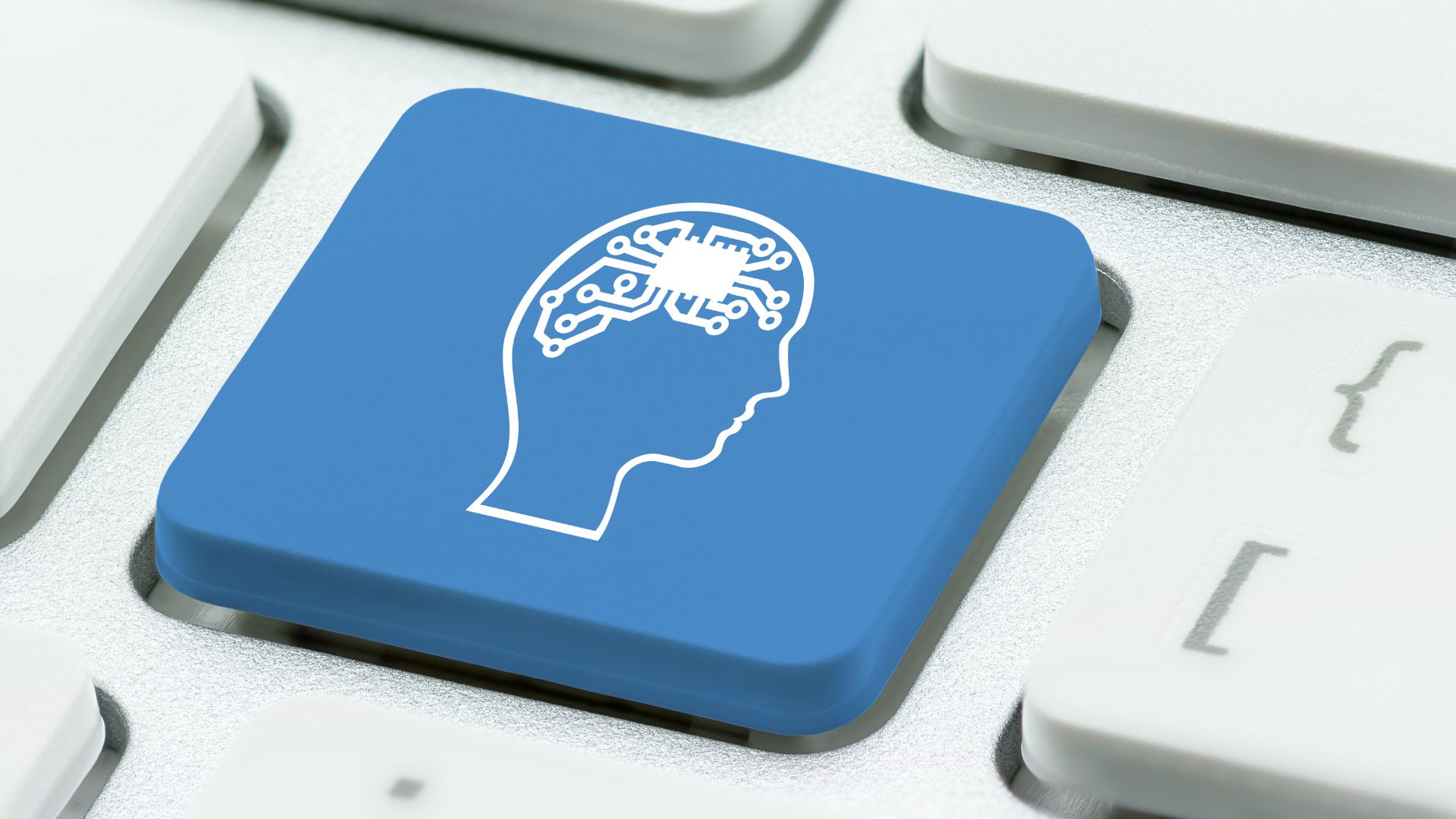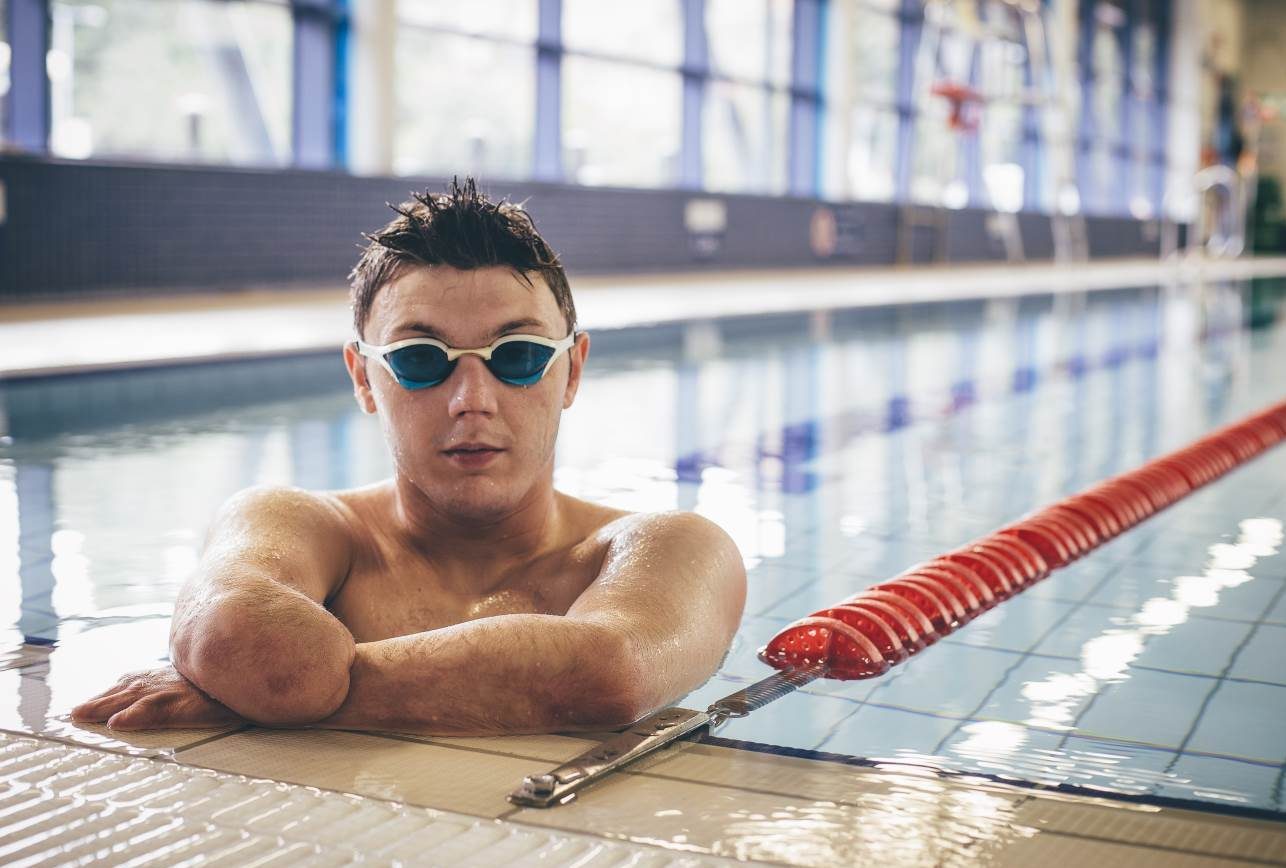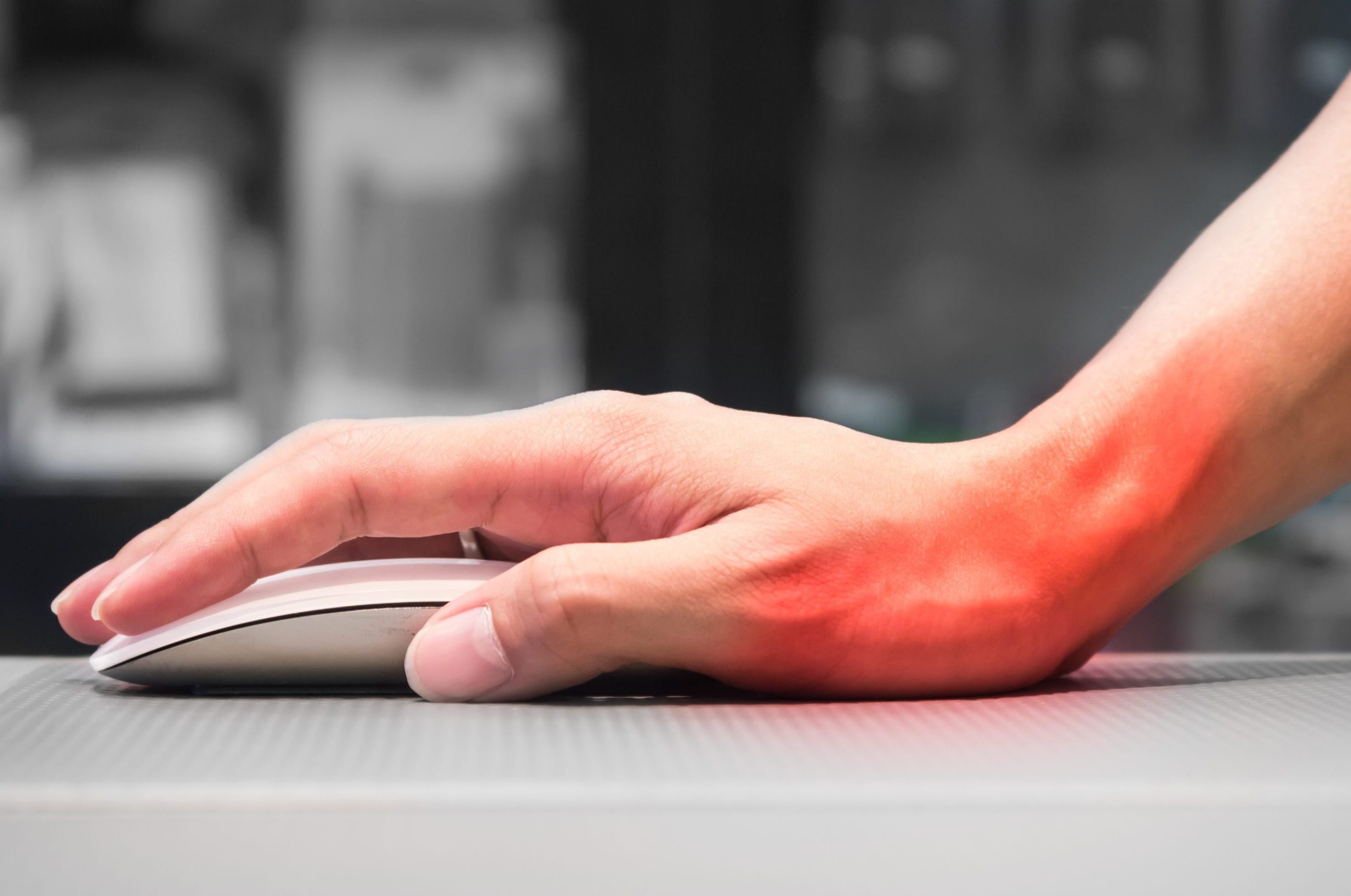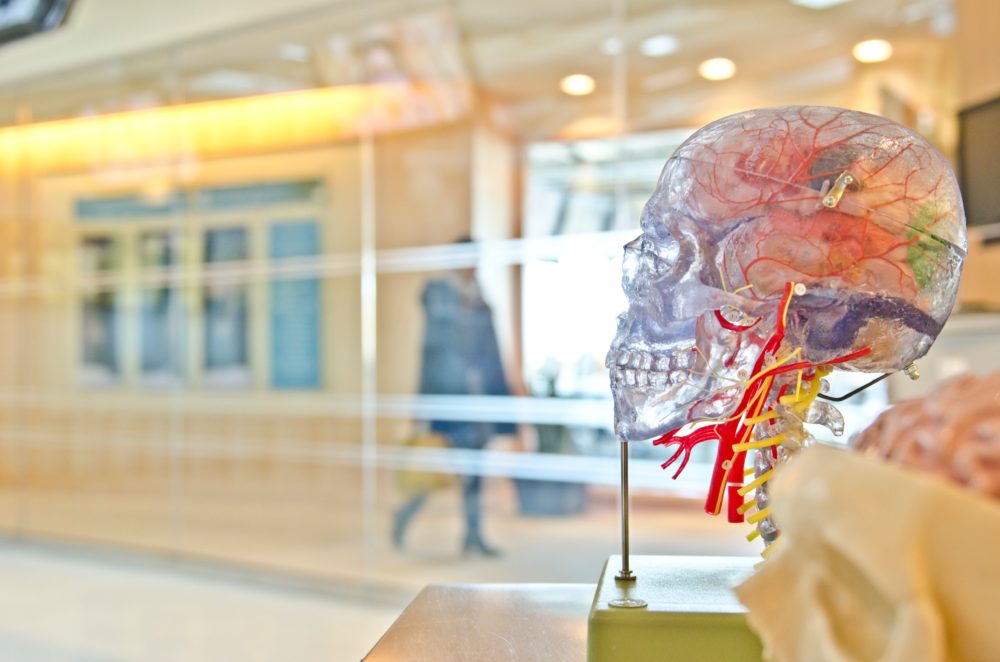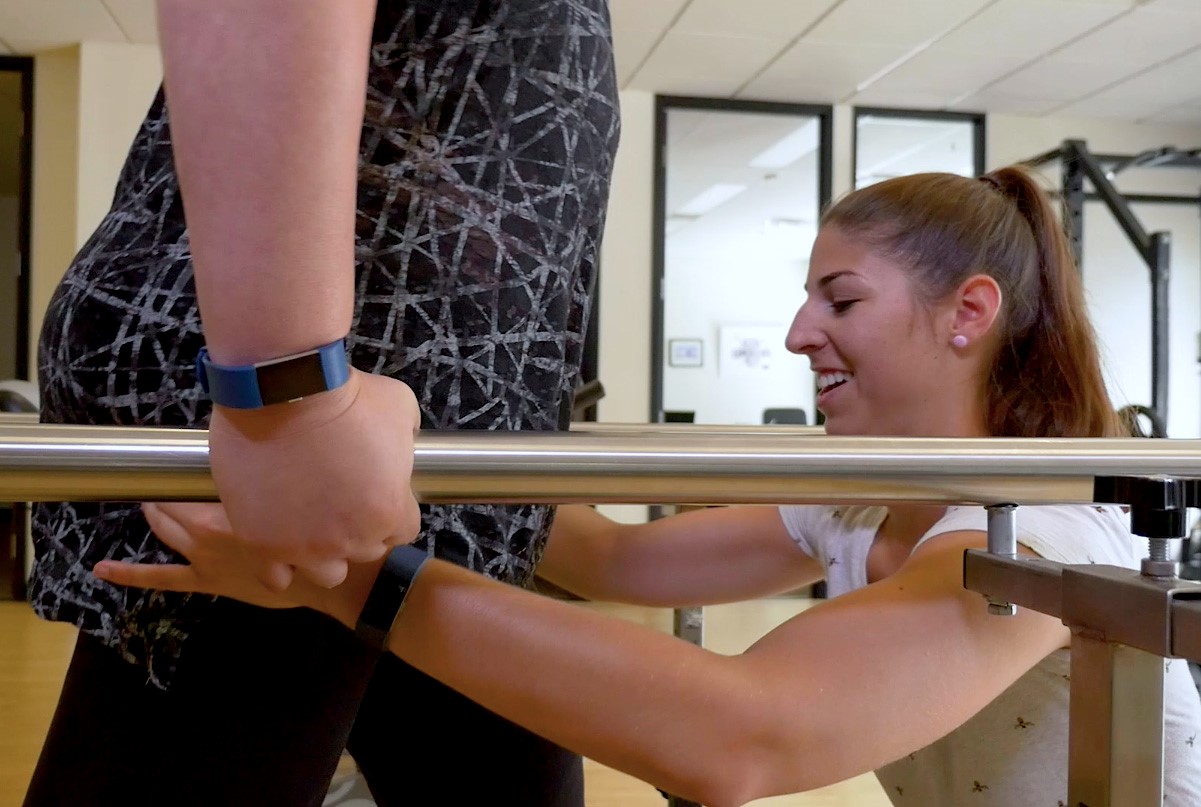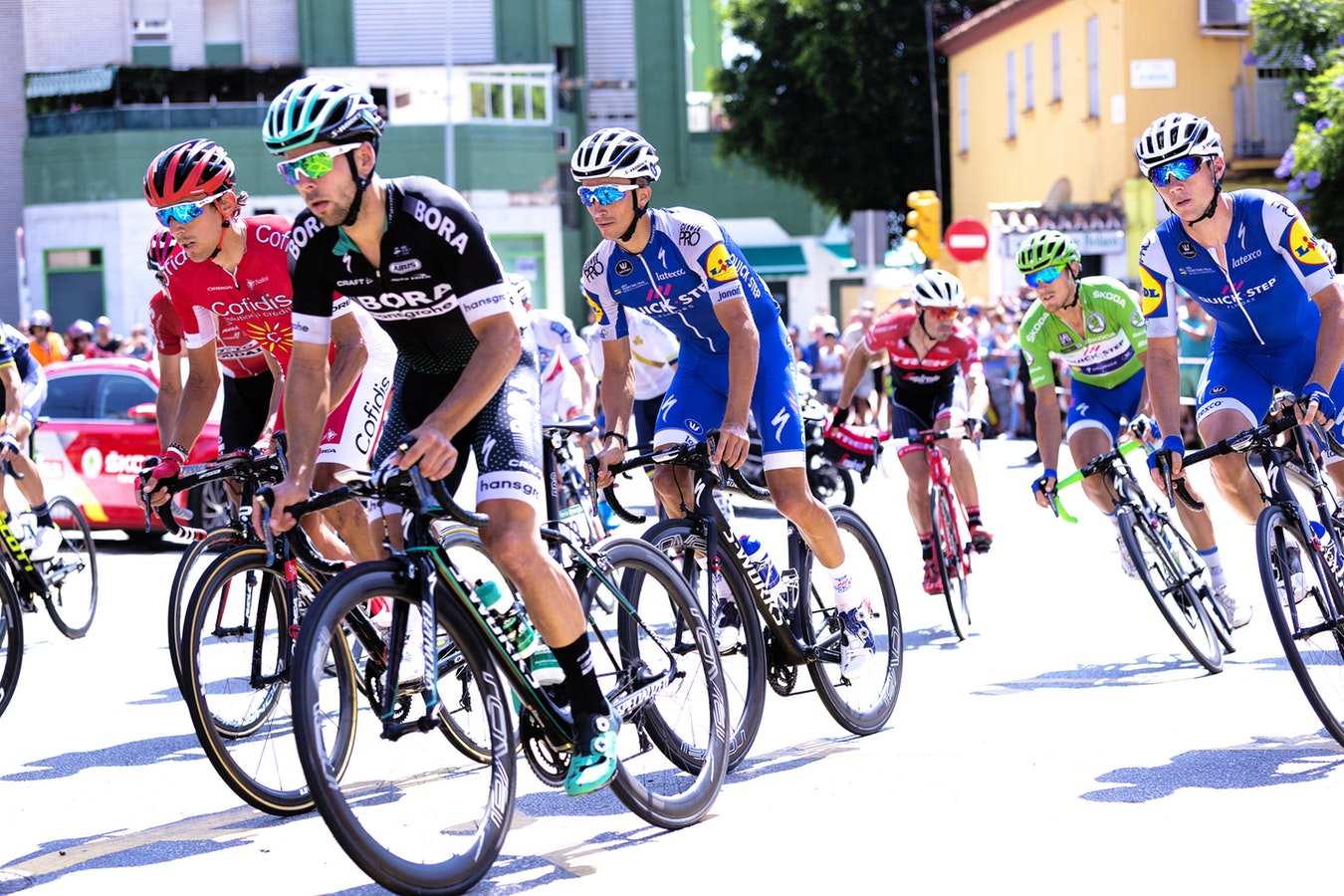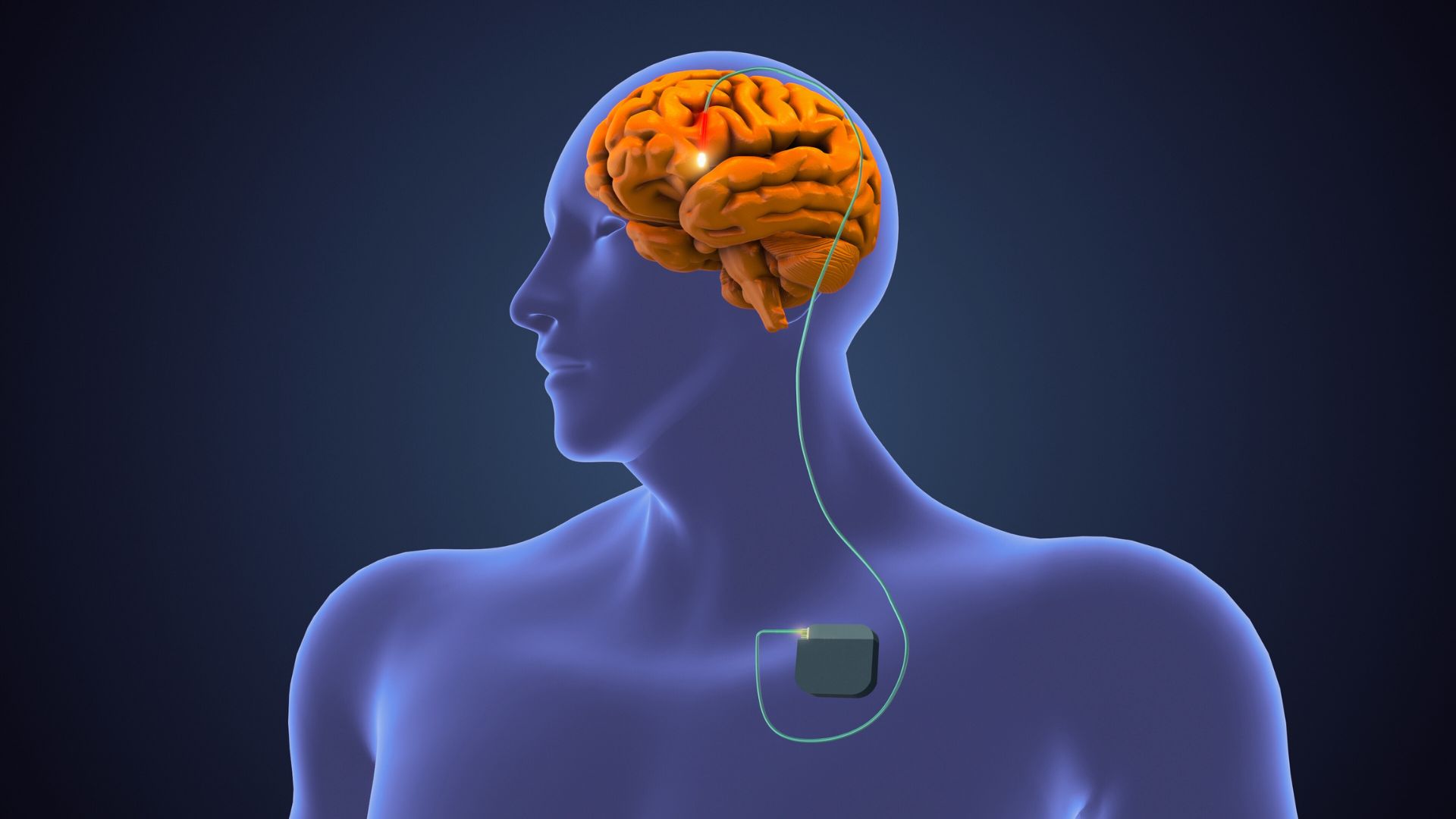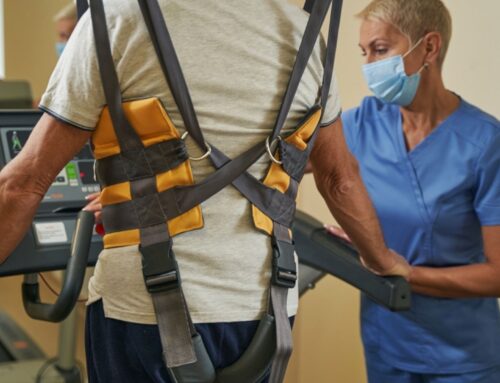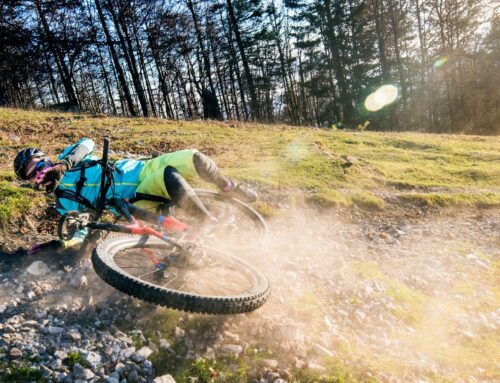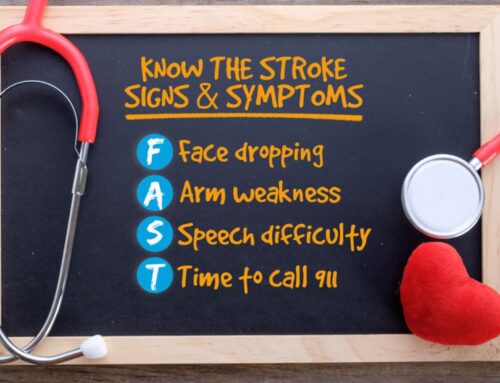I have incorporated HappyNeuron into my occupational therapy practices for about six months now. In this time, I have found benefits using this program with clients with: stroke, acquired brain injury, dementia and post-concussion syndrome.
I first learned about HappyNeuron when talking with fellow occupational therapists that have had success using the program. Part of what excited me about using HappyNeuron was the volume of research published studying the efficacy of cognitive training, specifically how HappyNeuron Pro can help individuals with various conditions.
In this article, I will share some of my insights from using it with clients and review some of the literature on the design and benefits of the tool. I will also discuss the role that the occupational therapist plays in cognitive rehabilitation.
Table of Contents
- What is HappyNeuron Pro?
- What are the benefits of HappyNeuron?
- How does HappyNeuron work?
- The role of the occupational therapist in cognitive rehabilitation
- Conclusion
What is HappyNeuron Pro?
HappyNeuron Pro is a digital cognitive therapy tool designed to support clinicians in providing evidence-based exercises to target a variety of specific thinking skills. This program offers a growing collection of 45 cognitive exercises that can be customized to challenge the unique needs of patients across a variety of different domains including: memory, executive functioning, attention, language, processing speed, visual-spatial reasoning and auditory skills.
From my professional experiences, I have found this program particularly beneficial at targeting the unique needs of individuals with post-concussion syndrome (PCS). Individuals with PCS often experience changes in cognition with difficulties in attention, memory and fatigue. This is often paired with sensory challenges including sensitivity to light and sounds.
The exercise library provides unique games that can specifically target the affected cognitive domains while filtering for games that focus on visual or auditory stimuli depending on the sensory needs of the client.
The ability to grade the exercise difficulty level to my client’s current abilities and closely monitor performance measures including accuracy, time to complete activities and reaction time have allowed me to better track progress on rehab goals than ever before.
What are the Benefits of HappyNeuron?
HappyNeuron Pro offers the following benefits:
- Individualized Training: Activities can be tailored to address specific cognitive deficits experienced by an individual. This allows for a more personalized and targeted approach to rehabilitation, focusing on areas such as memory, attention, problem-solving, and executive functions.
- Adaptive Training: Therapists and users can adjust the difficulty level based on the user’s performance to ensure that the training remains challenging but not overwhelming, promoting a gradual improvement in cognitive skills.
- Increased Motivation and Engagement: The interactive and engaging nature of these computer-based rehabilitation exercises can enhance motivation and compliance with therapy. The use of game-like elements and rewards can make the rehabilitation process more enjoyable, encouraging individuals to stick with the program.
- Remote Accessibility: HappyNeuron Pro can be accessed remotely allowing individuals to engage in therapy from the comfort of their homes. Additionally, this allows for flexibility in terms of timing and duration of sessions allowing users to easily integrate activities into their daily schedules.
- Progress Tracking: HappyNeuron Pro collects data on completion and performance of each activity. This data can be valuable for both the individual and healthcare professionals, providing insights into progress on therapy goals and areas that may require further attention.
How Does HappyNeuron Work?
HappyNeuron Pro is founded on principles of cognitive rehabilitation therapy. This approach is based on the idea that therapeutic cognitive exercises can elicit functional changes by either a) reestablishing or strengthening previously learned patterns of behavior or b) establishing new patterns of cognitive activity to compensate for the impaired neurological system.
HappyNeuron Pro utilizes the principle of neuroplasticity, this is the idea that our brain can adapt and change over time by creating new neurons and building new networks in response to exercises that challenge our thinking skills. The goal of HappyNeuron Pro is to enable individuals to learn new skills, prevent further cognitive decline and support the reversal of cognitive impairment caused by injury or illness.
This program was designed with the following principal in mind: Cognitive Remediation, Cognitive Rehabilitation and Cognitive Stimulation.
Cognitive Remediation Therapy
Cognitive remediation therapy is used to improve cognitive functioning in people with cognitive impairment. Cognitive remediation is effective for assisting individuals who are coping with a psychiatric condition such as schizophrenia, psychosis, bipolar disorder, or depression.
Individuals with these conditions may experience impairments to cognitive abilities such as planning, paying attention, problem-solving, organization, remembering details, and more. CRT aims to strengthen the impaired cognitive skills.[i] [ii] [iii]
Cognitive Stimulation Therapy
Cognitive stimulation therapy refers to a form of therapy used to stimulate and engage individuals, with a focus on maintaining and preventing the loss of cognitive functioning.
Cognitive stimulation therapy is widely done with a variety of groups including: healthy aging[iv], dementia, Parkinson’s Disease, learning disabilities and intellectual disabilities.[v] [vi] [vii] [viii]
Cognitive Rehabilitation Therapy
Cognitive rehabilitation refers to a number of therapies that offer retraining in cognitive functions. The main focus is to correct deficits in memory, concentration and attention, perception, learning, planning, sequencing, and judgment.
Cognitive rehabilitation therapy aims to enhance the person’s capacity to process and interpret information. This can improve the person’s ability to function in all aspects of daily life, such as maintaining relationships with family and friends, working, and participating in their community.
Individuals who would benefit from this program include those with traumatic brain injury[ix], neurological conditions including stroke[x] or multiple sclerosis[xi] and substance use recovery.
The Role of the Therapist in Cognitive Rehabilitation
The physiotherapist or occupational therapist can help with the following aspects as part of a rehabilitation program:
- Provide comprehensive assessment of the individual’s cognitive strengths and weaknesses to identify specific areas of cognitive impairment. This may involve standardized cognitive tests, interviews, and observations.
- Based on the assessment, clear goals are established for cognitive improvement. These goals are often individualized, focusing on the areas that are most relevant to the person’s daily life and functioning.
- Recommend specific exercises to target areas of cognitive impairment.
- Recommend the number of sessions a week needed to see the benefits of cognitive therapy.
- Determine the length each session needs to be to see the benefits.
- Track the patient’s progress in completing the exercises appropriately.
The progress of individuals undergoing cognitive remediation is regularly monitored, and interventions are adjusted based on their performance and evolving needs. The ultimate goal of cognitive remediation is to improve functioning in real-life situations. Therapists work with individuals to integrate newly acquired cognitive skills into daily activities, fostering independence and improved quality of life.
Individuals are taught cognitive strategies to help compensate for or overcome cognitive challenges that cannot be addressed through the program. This may involve the use of memory aids, attentional strategies, or problem-solving techniques that can be applied in everyday situations.
Conclusion
At Propel Physiotherapy, our physiotherapists and occupational therapists are trained and experienced in assisting patients with a variety of health conditions to address cognitive challenges through the use of tools such as HappyNeuron Pro.
We use our knowledge and skills to help create an individual custom protocol that fits your needs and optimizes your recovery. Our team can also advise you on what other treatments and exercises can be used in addition to HappyNeuron Pro to meet your recovery goals.
Contact us today to see if you or a loved one would benefit from this program.
References
[i] Best, M. W., Gale, D., Tran, T., Haque, M. K., & Bowie, C. R. (2019). Brief executive function training for individuals with severe mental illness: effects on EEG synchronization and executive functioning. Schizophrenia Research, 203, 32-40.
[ii] Miles, A., Crosse, C., Jenkins, Z., Moore, G., Fossey, E., Harvey, C., & Castle, D. (2021). ‘Employ Your Mind’: a pilot evaluation of a programme to help people with serious mental illness obtain and retain employment. Australasian Psychiatry, 29(1), 57-62.
[iii] Thérond, A., Pezzoli, P., Abbas, M., Howard, A., Bowie, C. R., & Guimond, S. (2021). The efficacy of cognitive remediation in depression: a systematic literature review and meta-analysis. Journal of Affective Disorders, 284, 238-246.
[iv] Talassi, E., Guerreschi, M., Feriani, M., Fedi, V., Bianchetti, A., & Trabucchi, M. (2007). Effectiveness of a cognitive rehabilitation program in mild dementia (MD) and mild cognitive impairment (MCI): a case control study. Archives of gerontology and geriatrics, 44, 391-399.
[v] Farzana, F., Sreekanth, V., Mohiuddin, M. K., Mohan, V., Balakrishna, N., & Ahuja, Y. R. (2015). Can individual home‐based cognitive stimulation therapy benefit Parkinson’s patients with mild to moderate cognitive impairment?. International journal of geriatric psychiatry, 30(4), 433-435.
[vi] Gates NJ, Rutjes AWS, Di Nisio M, Karim S, Chong LY, March E, et al. Computerised cognitive training for maintaining cognitive function in cognitively healthy people in late life. Cochrane Database of Systematic Reviews 2019, Issue 3. Art. No.: CD012277. Pmid:30864187
[vii] Spector, A., Thorgrimsen, L., Woods, B. O. B., Royan, L., Davies, S., Butterworth, M., & Orrell, M. (2003). Efficacy of an evidence-based cognitive stimulation therapy programme for people with dementia: randomized controlled trial. The British Journal of Psychiatry, 183(3), 248-254.
[viii] Orrell, M., Aguirre, E., Spector, A., Hoare, Z., Woods, R. T., Streater, A., … & Russell, I. (2014). Maintenance cognitive stimulation therapy for dementia: single-blind, multicentre, pragmatic randomized controlled trial. The British Journal of Psychiatry, 204(6), 454-461.
[ix] Fetta J, Starkweather A, Gill JM. Computer-Based Cognitive Rehabilitation Interventions for Traumatic Brain Injury: A Critical Review of the Literature. Journal of Neuroscience Nursing. 2017;49(4):235–40. Pmid:28661947
[x] van de Ven RM, Murre JMJ, Veltman DJ, Schmand BA. Computer-based cognitive training for executive functions after stroke: A systematic review. Frontiers in Human Neuroscience. 2016; 10
[xi] Bogdanova Y, Yee MK, Ho VT, Cicerone KD. Computerized Cognitive Rehabilitation of Attention and Executive Function in Acquired Brain Injury: A Systematic Review. Journal of Head Trauma Rehabilitation. 2016;31(6):419–33. pmid:26709580
Written by

